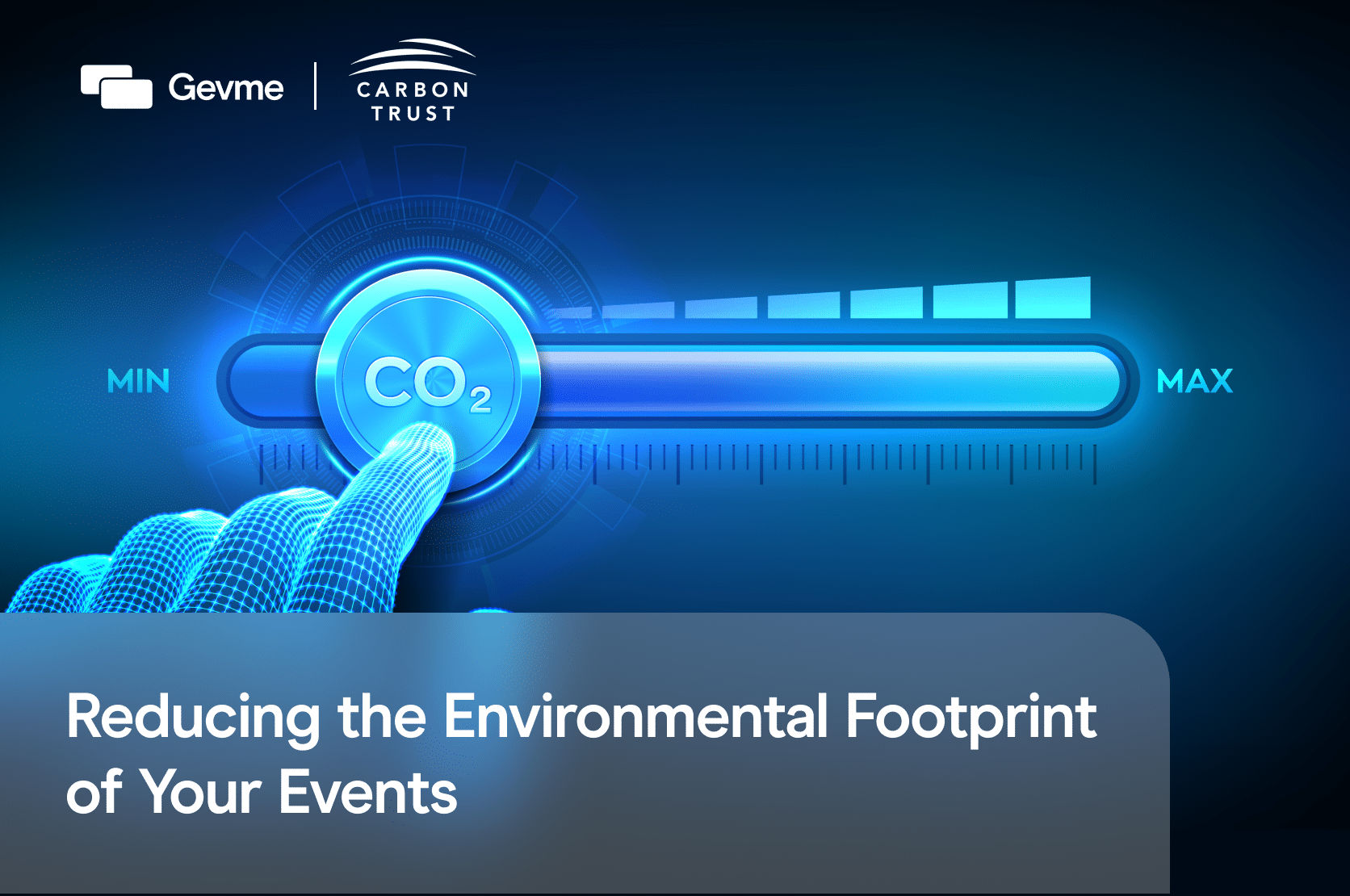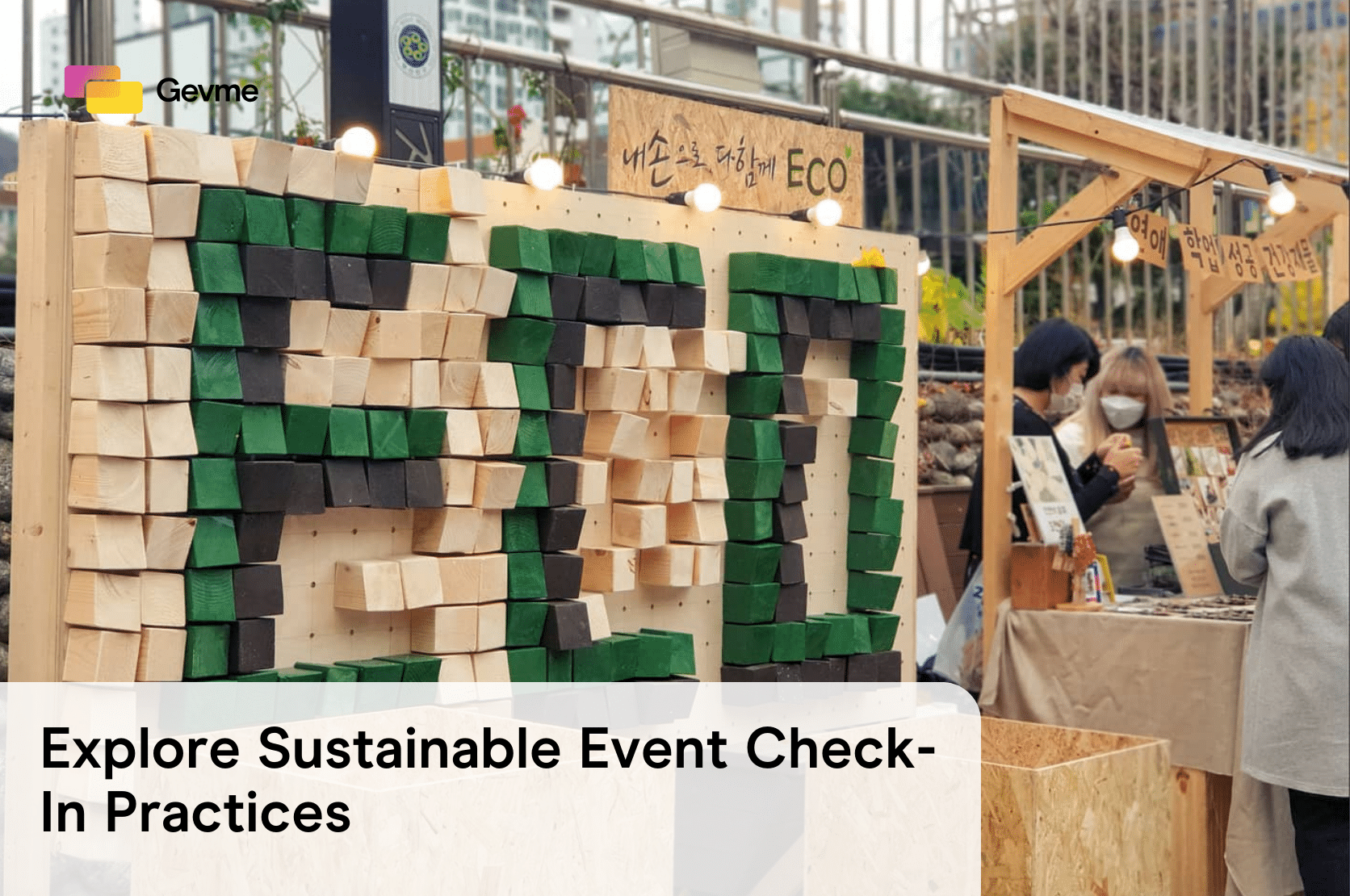The call for sustainable measures has become more urgent in an era marked by growing environmental concerns. Although sustainability has been a topic of discussion for a long time the current situation requires more than just talk, it calls for tangible actions. The crucial role of developing and executing sustainable measures in a corporation falls on the shoulder of HR professionals.
This blog aims to shed light on the significance of sustainable events for Human Resource professionals and practical steps to create sustainable HR events, from the early planning stages to post-event reporting.
Understanding Sustainability in HR Events
Understanding sustainable events involves comprehending the principles and practices of incorporating environmentally responsible approaches into the planning and execution of HR events. It goes beyond simply organizing events and includes considering the environmental impact throughout the event lifecycle. This understanding requires recognizing the interconnectedness between event management and sustainability goals, with a focus on minimizing environmental harm, reducing waste generation, conserving resources, and promoting social responsibility.
By understanding sustainable events, professionals can proactively identify areas where sustainable practices can be integrated. This includes venue selection based on environmental criteria, implementing waste management strategies to minimize the event’s carbon footprint, opting for eco-friendly materials and resources, conserving energy, promoting sustainable transportation options, and exploring virtual alternatives to physical attendance. This also involves engaging stakeholders, including event attendees, sponsors, and vendors, in sustainable initiatives and creating awareness about the importance of adopting sustainable practices.
Incorporation of Sustainable Practices in HR Events
Plan Early
The key to organizing sustainable events starts with early planning.
It involves including sustainability considerations from the very beginning of the event planning process. By giving sustainability due attention at the early stages, you can ensure that it is seamlessly woven into all aspects of the HR event. Align your sustainable event objectives with your goals. Ensure that sustainability is not an afterthought but an integral part of the event’s purpose. By integrating sustainability into your objectives, you send a strong message about your commitment to environmental responsibility. This includes venue selection, logistics, waste management, and more.
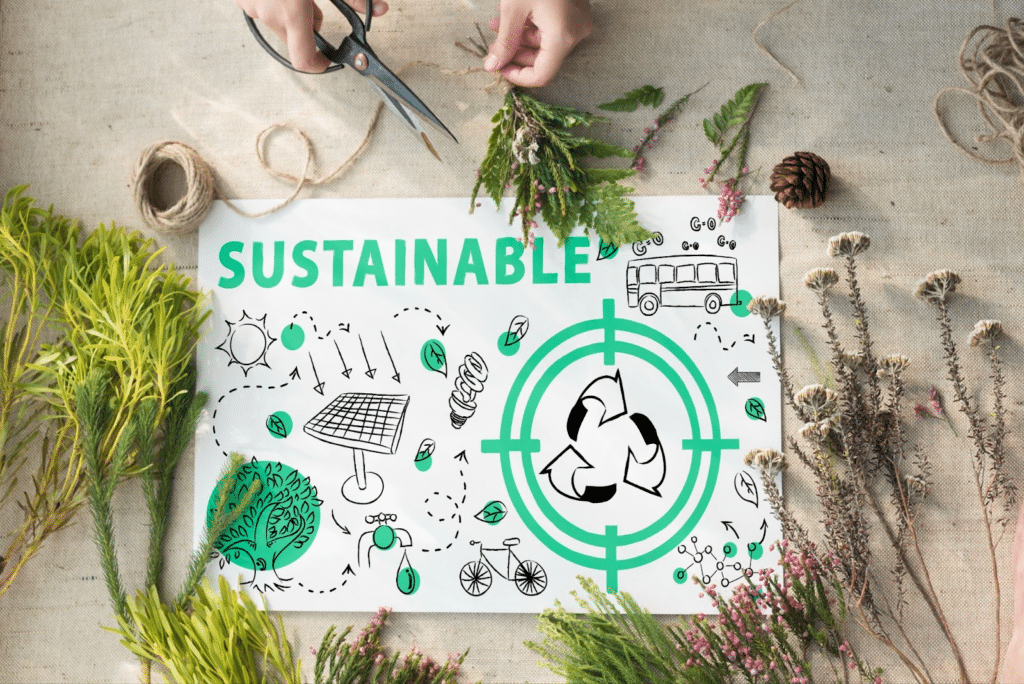
Choose a Green Venue
Selecting a green venue is crucial for hosting a sustainable HR event.
Look for venues that prioritize sustainability, such as those with LEED (Leadership in Energy and Environmental Design) certifications or sustainable building practices. Consider locations that are easily accessible by public transportation to reduce carbon emissions. Select venues that have taken measures to use energy efficiently like LED lighting, efficient heating and cooling systems, and smart energy management systems. These features help reduce energy consumption and lower the venue’s carbon footprint. Choosing a green venue sets the tone for an eco-friendly event and showcases your organization’s dedication to creating a sustainable future.
Virtual or Hybrid Events
Consider hosting virtual or hybrid events to reduce the environmental impact associated with travel.
Embracing virtual technology allows attendees to attend from anywhere while interacting and networking with other attendees through interactive features like polls, chats, mini-games and more. This minimizes the need for transportation and reduces carbon emissions.
Hybrid events offer a combination of in-person and virtual experiences, providing flexibility for attendees while still promoting sustainability and sustainable events.
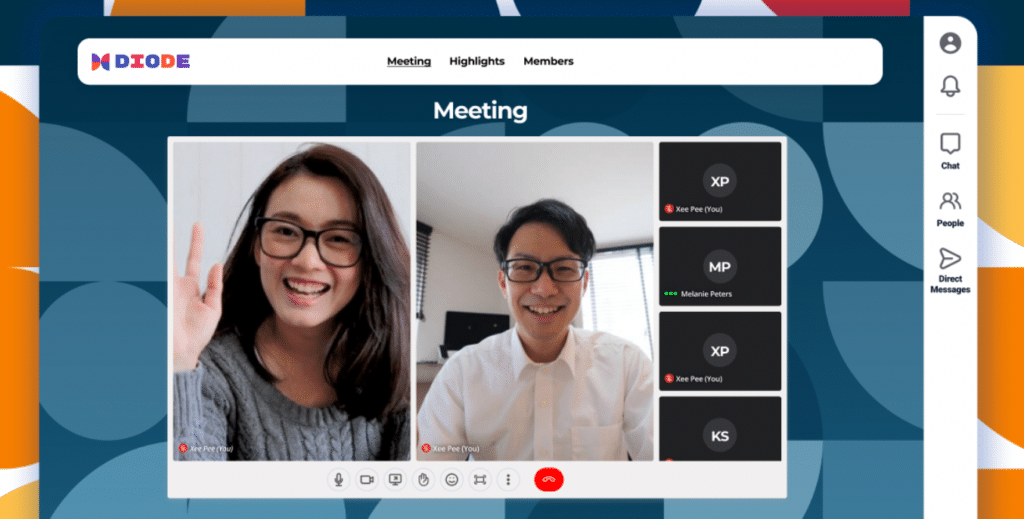
Sustainable Transportation
Sustainable transportation is an essential aspect of hosting sustainable HR events. It involves implementing strategies to minimize the environmental impact associated with transportation.
Promote the use of public transportation among event attendees. Choose a venue that is easily accessible by bus, train, or subway, and provide clear instructions and information about public transportation routes and schedules. Encourage attendees to carpool or share rides to the event. Provide a platform or facilitate a carpooling program where participants can connect and arrange shared transportation.
Reduce Waste
Reducing waste is a crucial component of hosting a sustainable HR event. By implementing effective waste reduction strategies, you can minimize the environmental impact associated with event materials and contribute to a more sustainable future.
Avoid using single-use items such as plastic cups, plates, and cutlery. Instead, opt for reusable or biodegradable alternatives. Embrace digital alternatives to printed materials. Provide event agendas, programs, and handouts in electronic formats, accessible through event apps or websites. Encourage attendees to use digital platforms for note-taking, networking, and accessing event resources, reducing the need for printed materials.
Set up clearly labelled waste sorting stations throughout the event venue. Include separate bins for recycling, composting, and general waste. Educate attendees and staff about the proper disposal of waste and provide clear instructions on how to use the sorting stations effectively.

Eco-friendly Catering
Choose catering options that prioritize sustainability. Opt for locally sourced, organic, and seasonal menus to support local businesses and reduce the carbon footprint associated with food transportation. Minimize food waste by accurately estimating the number of attendees and offering sustainable portion sizes. Use biodegradable or compostable serving ware and avoid single-use plastic items.
Green Decor
Green decor plays a significant role in creating sustainable HR events. By incorporating eco-friendly design elements and making conscious choices about materials and resources, you can enhance the overall sustainability of your event.
Opt for decor items made from sustainable materials such as reclaimed wood, bamboo, cork, or recycled plastic. These materials have a lower environmental impact compared to traditional materials and can add a unique touch to the event space.
Select decor items that can be reused for future events or repurposed in different ways. Avoid disposable or single-use decorations that contribute to waste. Look for versatile decor pieces that can be easily adapted to different themes or settings.
When providing swag bags or promotional items, focus on sustainability. Choose eco-friendly or digital materials. Include useful and sustainable items like reusable water bottles, tote bags, plantable seed paper or digital swag bags.
Minimize unnecessary items that often end up in the trash, and encourage attendees to take them home and continue using the swag items.
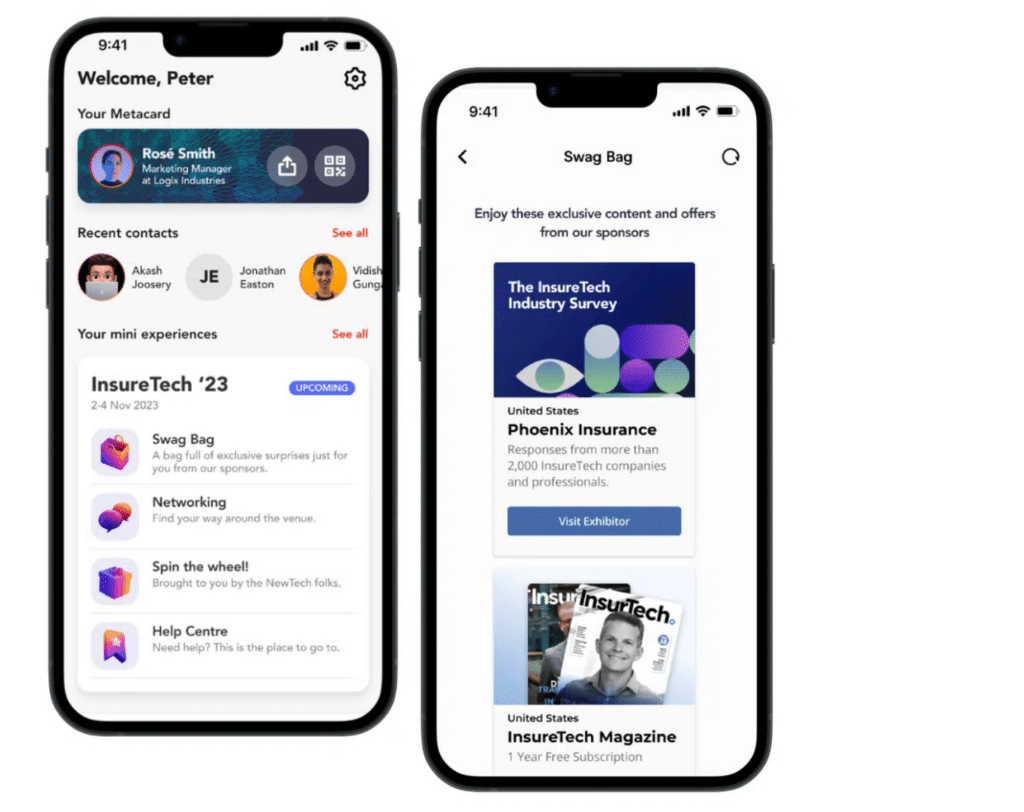
Communicate Sustainability Efforts
Effectively communicate your sustainability efforts to attendees, stakeholders, and the wider community. Showcase the eco-friendly initiatives implemented during the event and highlight the positive impact achieved through the sustainable HR event. Share stories and case studies that demonstrate your commitment to sustainability. Utilize various communication channels such as social media, newsletters, and post-event reports to reach a broader audience.
Sustainable Reporting after the Event
After the HR event, demonstrate your commitment to sustainability by providing a transparent and sustainable event report. Include key metrics such as carbon emissions, waste reduction, energy consumption, and any other relevant sustainability indicators.
Outline the sustainable practices employed, highlight achievements, and identify areas for improvement. By sharing this information, you not only hold yourself accountable but also inspire others to adopt sustainable practices in their events.

By following these steps to create sustainable HR events, HR professionals can make a significant impact in reducing environmental footprints while still delivering engaging and successful events. From early planning and venue selection to waste reduction, eco-friendly catering, and sustainable swag bags, each step contributes to a greener and more responsible event. By effectively communicating your sustainability efforts and providing post-event reports, you inspire others and create a ripple effect of positive change.
Let us strive to make sustainability a central focus in HR events, leading the way toward a more sustainable future for organizations and the planet as a whole.
Download our Green Guide to HR events here.


